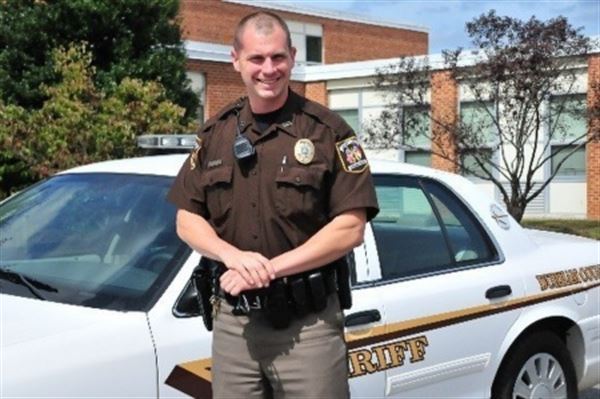Reacting to Crime. Reacting to Police.

Pop quiz 1: There is a person using a screw driver to change the license plates on a car. From a distance, the person looks like an African American teenager, wearing casual clothes. What do you do?
- Pull out your gun. You know how to scare kids out of crime.
- Start to chat up the would-be thief. He’ll run away.
- Call the police.
- Call the owner of the car (if you know the person.)
- Find someone else to help you figure out what to do.
- Walk on, this is none of your business.
How you react to a potential crime in progress speaks volumes about your perception of your safety in this society.
Pop quiz 2: You are picking up a used car that you purchased from a person (not a dealer.) As you are putting the new plates on, someone points a gun at you. You think:
- I have the registration and bill of sale in my bag; everything will be clarified in a minute.
- I am about to die! No, I just need to stay calm until the police come.
- I am about to die! I need to stay calm in front of the police, too. If I scare them, they’ll shoot me.
- My life is over. I am about to be a hashtag, whatever I do.
How you react to threats of violence and the ability of police to provide safety speaks volumes about your perception of your safety in this society.
Here’s what happened to Tonya Jameson. A middle class, professional woman who bought a used SUV. Ms. Jameson is Black.
 She negotiated and purchased a used car and arranged to pick it up from the former owner’s driveway. While changing the plates, an off-duty cop (and the son-in-law of the former owner) pointed a gun at her, then called the police. The off-duty officer did not look at the bill of sale. The patrolman who arrived in uniform looked at the paperwork, but did not release her until there was confirmation from the former owner’s daughter.
She negotiated and purchased a used car and arranged to pick it up from the former owner’s driveway. While changing the plates, an off-duty cop (and the son-in-law of the former owner) pointed a gun at her, then called the police. The off-duty officer did not look at the bill of sale. The patrolman who arrived in uniform looked at the paperwork, but did not release her until there was confirmation from the former owner’s daughter.
Here’s Ms. Jameson’s analysis of the internal affairs investigation that followed the incident:
- The questions in an internal affairs investigations are set up to protect the officers.
- Police see “de-escalation” as the goal of calming civilians. They do not see it as a need to calm themselves.
- As a Black woman, Ms. Jameson believes her life depended on her remaining calm. The officers on the scene were not calm. They are not held responsible for being calm.
- She feels compelled to get the word out that civilians must learn de-escalation techniques. They need to remain calm and know how to calm the police. Their lives depend on it.
In recent weeks, I’ve seen this Google Doc a few times. It’s about abolishing policing in America. When I first read it, I thought, “Wow, that’s radical.” The more I sat with it, the more it made sense to me. But, I have privilege as a basically white person. I have privilege as a homeowner, as someone who knows my elected officials (and they know me), as someone who is known in the community. Is that where my objections come from?
Where do you come down on this? Are you angry enough to say it is time to abandon our policing system?
If you are interested in my Bystander Intervention classes. Please join my mailing list.